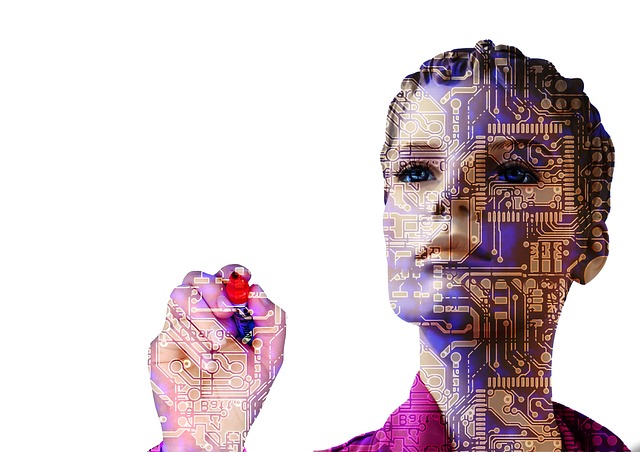Most people are nervous at the prospect of artificial intelligence or AI being more widespread due to the media constantly spinning it as something that could steal people’s jobs or evolve to turn against us. However, the truth is that AI’s goal is to make life easier and more meaningful for humans. Here are five ways they are contributing to a better world.
1. Improving accessibility for PWDs
Much of contemporary AI research is geared towards improving the quality of life of PWDs. For example, self-driving cars were marketed for people who cannot drive themselves, like amputees or those with visual impairments. Assistive technology like browser readers, auto-generated subtitles, and speech recognition software help PWDs browse the internet and consume content. Smart homes also decrease dependence on maids or live-in caretakers. It’s not a perfect system yet, but with improved data labelling and better algorithms, PWDs can use AI to live more independently.
2. Making businesses more efficient
There’s plenty of research supporting that AI increases workplace productivity. Robots can work round-the-clock and do not require breaks, save for their regular maintenance checks. They are also more efficient than human workers and work at a more consistent rate. By automating certain steps in the supply chain, businesses can churn out products and services faster.
3. Improving medical research and healthcare
AI is doing invaluable work for doctors, researchers, and patients. Hospitals are studying how effective robotic healthcare companions are for stay-at-home patients. These devices serve as faithful reminders when the patient needs to take their medicine and serve as an emergency alarm system when the patient collapses or is unresponsive. With these rapid warning systems, people can get treatment much earlier. AI is also helping identify tumors and discrepancies in X-rays and MRI scans that may be too small for radiologists to see.
4. Heightened security
AI has helped improve security and assist with law enforcement. Facial recognition technology, for example, has helped the FBI catch fugitives and can even be used to find missing persons or solve cold cases.
5. More effective and personalized learning
It’s a proven fact that the traditional classroom setting does not suit all students. Some may be visual learners, while others need time to absorb the lesson before moving on to another topic. In this online learning environment, AI can help develop personalized lesson plans for each student to improve their learning experience.
These are just five of the many ways AI can help humans. Even if you don’t have special needs, you’ll find that AI can still make your life easier. At some point, you’ve used Google to translate phrases for you while traveling in a different country or used navigation apps while driving. Everyone can use voice assistants like Siri and Google because they’re convenient when you have your hands full. While it’s wise to be wary of new technology, don’t let irrational fear blind you from the good that AI is doing for us.





